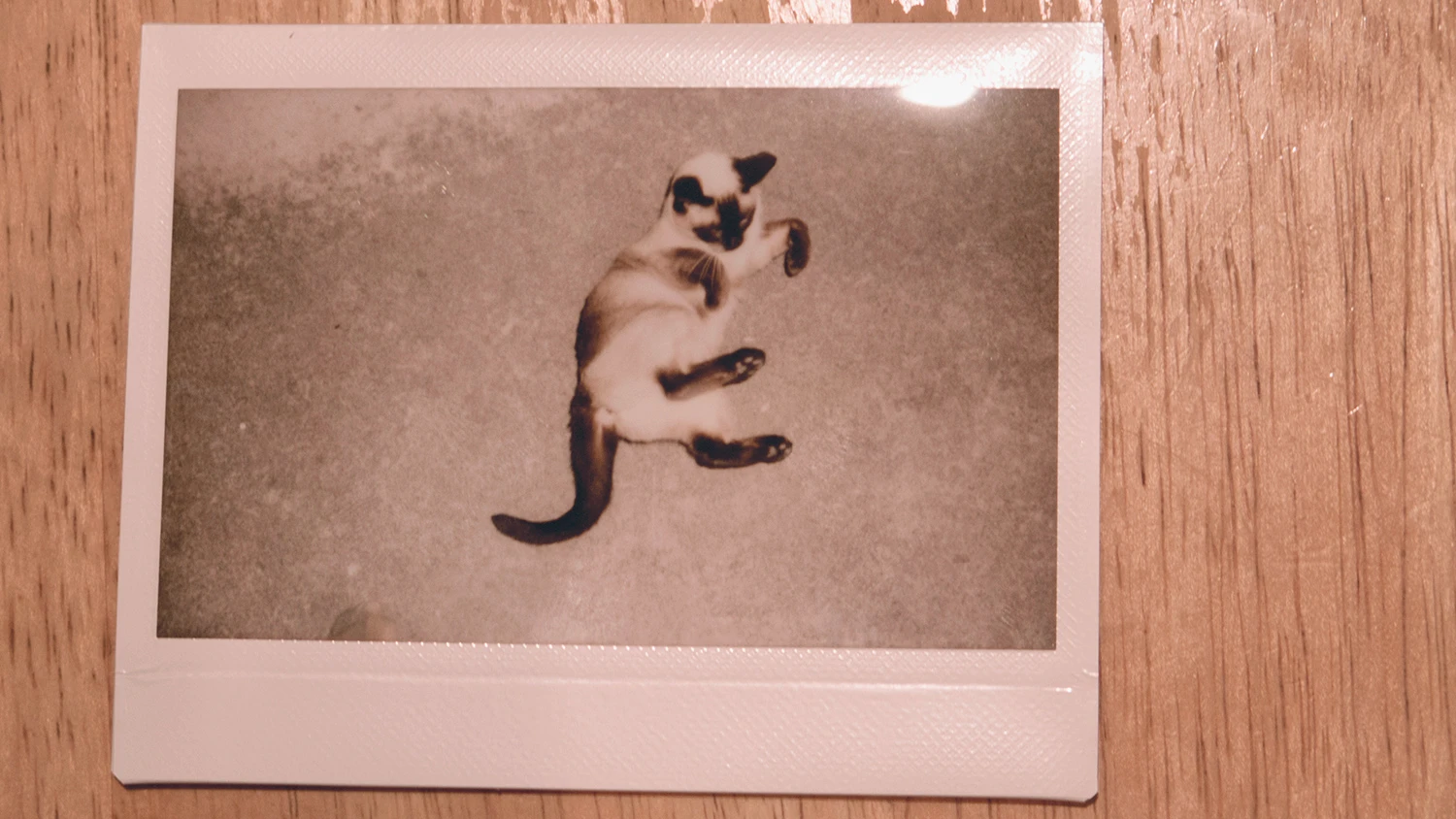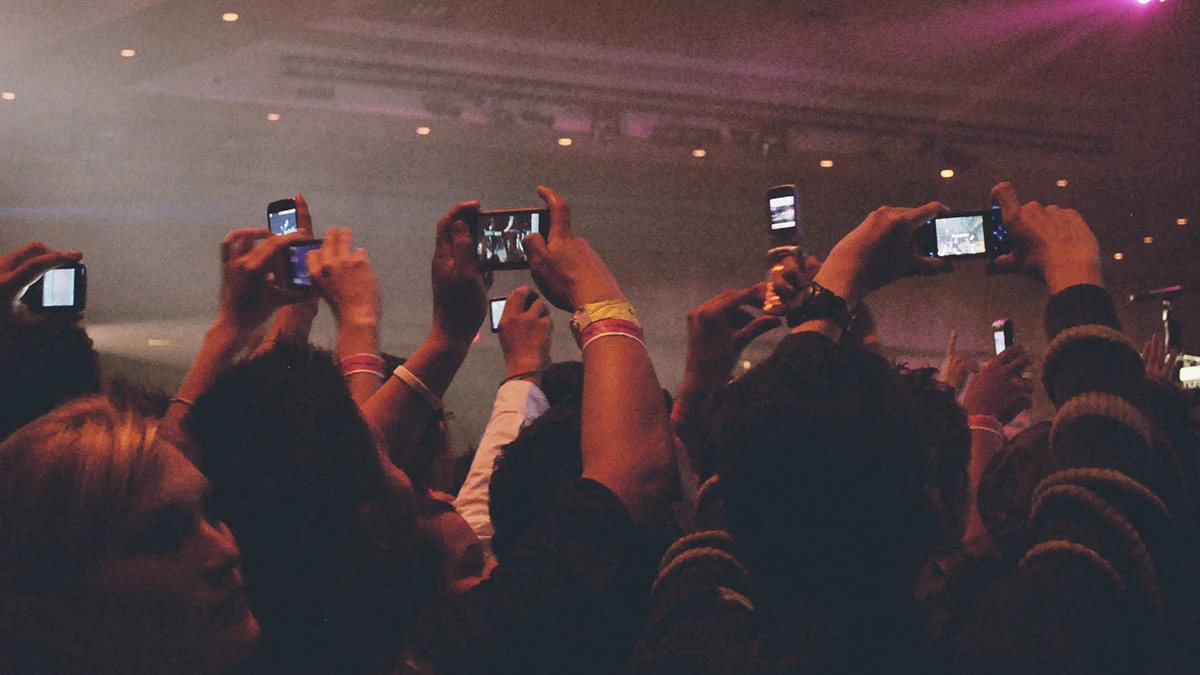As the millennial marketing craze reaches saturation, a new obsession is making the rounds among brand marketers: Gen Z. Roughly defined as anyone currently 12 to 20 years old, this group is now falling victim to many of the same vague platitudes and insights that characterized “Who Are Millennials?” articles for years.

The same conclusions about Gen Z are drawn again and again. They’re digitally savvy, because they were raised with technology. They’re either entrepreneurial souls looking to redefine the workplace or old-souled pragmatists resigned to climbing the corporate ladder. They inspire words like collaborative, optimistic, and transparent.
But most of these observations are not just banal—they’re also completely wrong. That’s because much of the generational data we see suffers from either poor survey design or misleading conclusions. Whenever we talk with teens face-to-face, it’s telling that many of the “truisms” that surveys conclude don’t hold water. And the insights that are true (“Gen Z loves tech”) are too broad to construe any significant meaning.
What really separates Gen Z isn’t that they use technology, or what their values and dreams are—it’s how they choose to live their lives in digital. And after studying this group in closer detail, we’ve identified a few key ways they stand out from millennials.

We’ve Gone From Clever To Offbeat
All generational differences are driven by environment. So when we talk about environmental changes for Gen Z, the first and most obvious shift is the native nature of technology in their lives. Yes, they do have more screen-time than any other demographic, but it isn’t their frequency of tech usage that’s interesting. Rather, it’s how that usage changes what resonates with them.
On the whole, millennials are attracted to the clever and witty: the sharp, biting commentary of Jon Stewart and Seth MacFarlane, content from Someecards and The Oatmeal, ads like the Old Spice guy and Dos Equis’ Most Interesting Man in the World.
But Gen Z connects to something completely different: the offbeat and raw. When we talk to teens today, a lot of what they love has a weird, unhinged sensibility to it. The media figures they look up to—people like Pewdiepie and Jerome Jarre—are embraced more for their absurdist humor than for clever witticisms. The content they share tends to mirror this as well: self-deprecating Snapchats and memes, or Vines centered around making people think you’re offbeat or quirky. This is not millennial behavior; it’s rare for a 20-something to post anything on social that makes them look strange. But for a generation that’s spent their entire lives online—mostly in the unfiltered lens of Skype, webcams, live streams and vlogs—an intimate exhibitionism has emerged in a way that older generations simply don’t have.
There Are No More Subcultures, Everything Is A Subculture
When we speak to clients about their consumers, it’s generally positioned through layers. Depending on the industry, at the core are hardcore or niche users; above that, casual dabblers; and outside of that, the disinterested mainstream. But increasingly, when we talk about younger audiences, that last mainstream layer is going away.
This is another outcome of being connected to the Internet throughout one’s entire childhood. For Gen Z, niche communities and interests were facilitated at a much younger age than they were for older generations. Twenty years ago,kids were absorbed into specific subcultures over time—jocks, theater nerds, band geeks,or prepsters, to name a few. These groups were defined by shared tastes, in clothes, music, slang, and other patterns that could be easily sorted into a singular group. But for today’s teens, there’s no uniformity among hobbies, and because of that, group distinctions are falling away.
For example, we recently talked to a group of gamers who told us they don’t like being called gamers, despite the fact that it’s their favorite hobby. Privately, some of them said that even though they love gaming, they’re involved in so many other communities—rap message boards, sneaker blogs, and skating–that the label ‘gamer’ feels limiting. We don’t see this as much with millennials, who tend to use their passions and identity interchangeably.

Online “Leisure” Isn’t Just Fun, It’s Crucial To A Healthy and Happy Life
One of the biggest assumptions about the increase in time spent on digital is that it’s merely entertainment and largely a waste of time. But for teens, that entertainment is proving to be a vital component in the creation and maintenance of friendships.
A Pew study last month found that “more than half of teens have made new friends online, and a third of them (36%) say they met their new friend or friends while playing video games…Playing games can [also] have the effect of reinforcing a sense of friendship and connectedness.”
Other types of online communities have also gone from hobbyist chats to real outlets for connection and support. Nearly a fifth of all teens go on message boards regularly, as problems that were once isolating or suppressed now have a connected community behind them. It’s important to note that without the inherent vulnerability we talked about earlier, we wouldn’t see stats like this. But because of Gen Z’s willingness to open up online, the Internet has a much greater impact on their lives.

What Does This Mean For Marketers?
Ultimately, vague platitudes and clichés serve no one. It’s important to understand the digital culture that Gen Z lives in today if we wish to connect with them beyond a surface level. With that in mind, here are three points to think about when targeting them.
First, give them the tools to mess with anything you make, because they’ll do it anyway. Tightly controlled messages aren’t possible anymore. Gen Z is going to draw stuff on your creative, tweak it, and do whatever else they want, regardless of your intentions. Don’t fight it.
Second, build stuff for the communities they’re a part of instead of injecting messages into them. For specific product launches messages can still work fine, but when it comes to general brand building, it’s much better to think about the communities your target lives in and build things that make that community more fun or easier to navigate.
And third, take out a position that not everyone agrees with.This one is somewhat counterintuitive, as the logical thing to do would be appealing to as many people as possible. But for Gen Z, the honesty and exposure that a brand takes when doing something potentially polarizing often strengthens the connection they have with that brand.
Scott Fogel is a senior strategist at digital creative agency Firstborn.
Recognize your brand’s excellence by applying to this year’s Brands That Matter Awards before the early-rate deadline, May 3.
